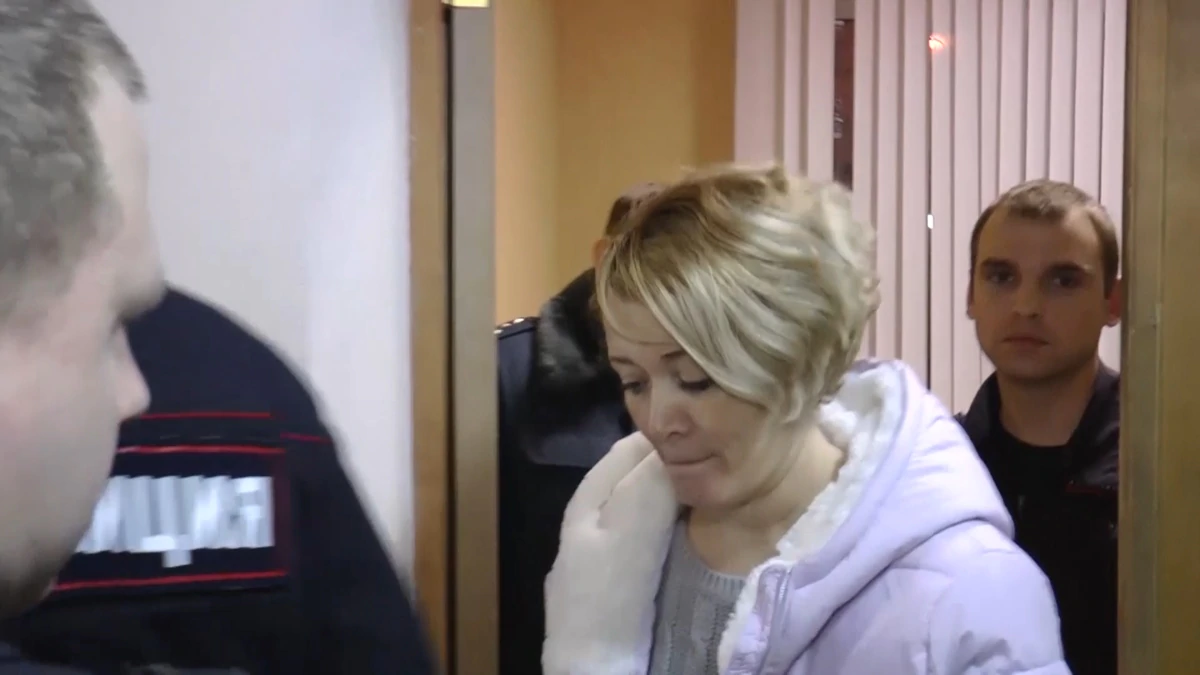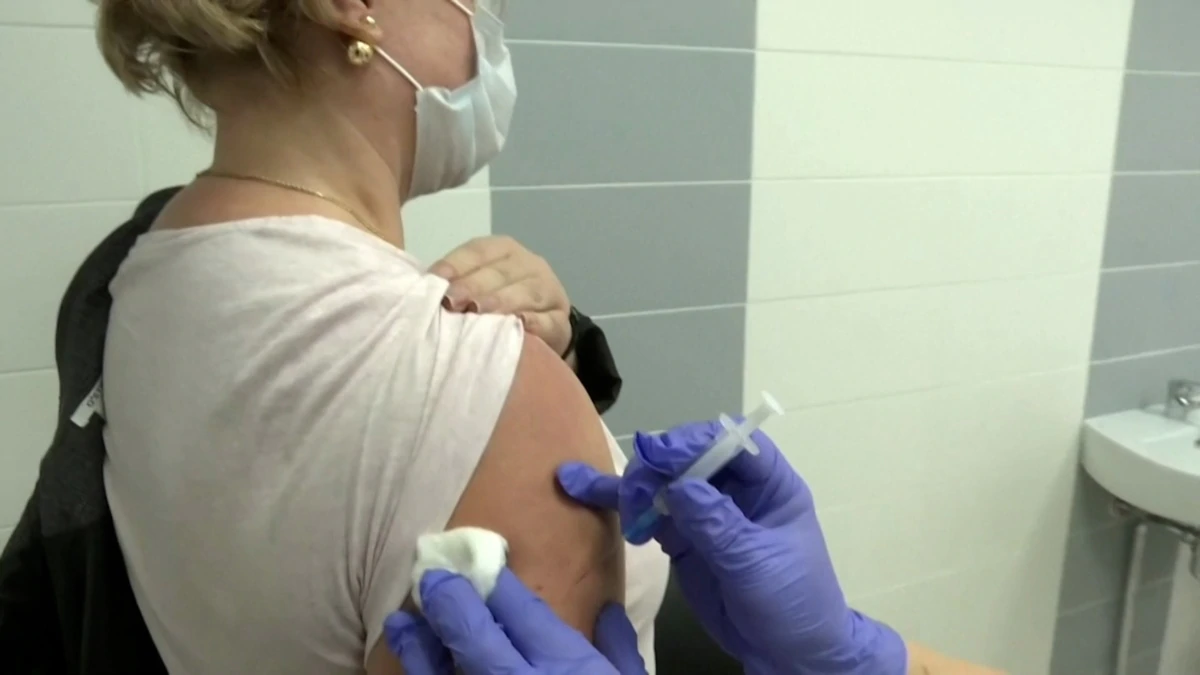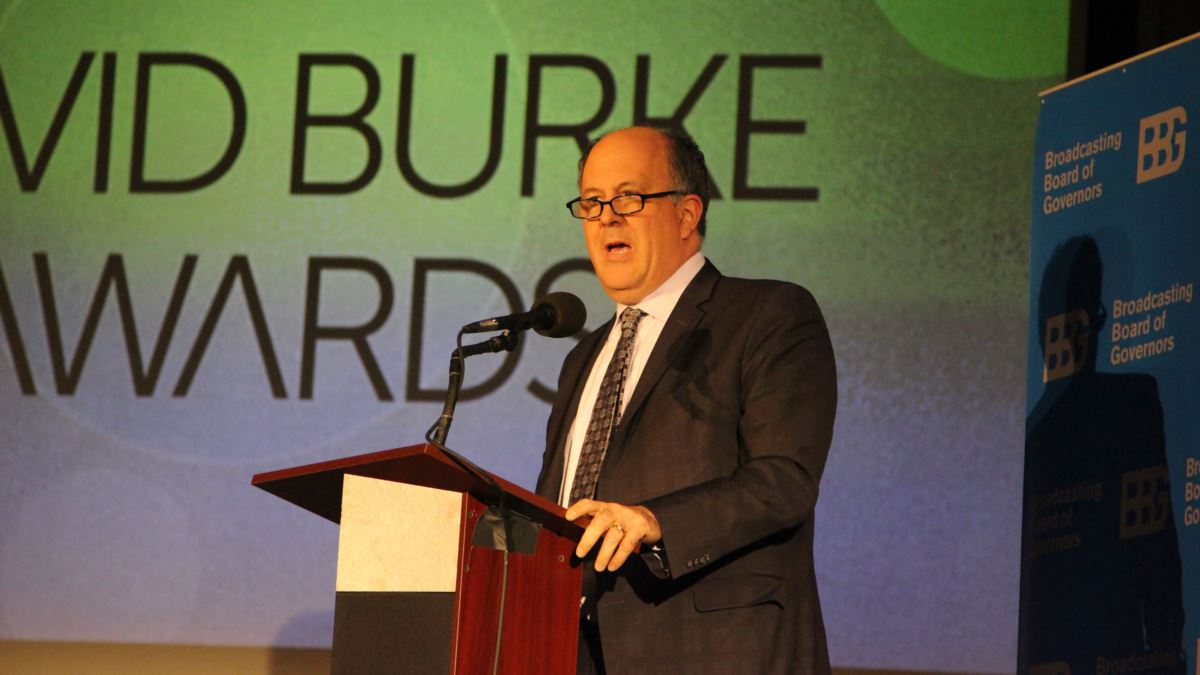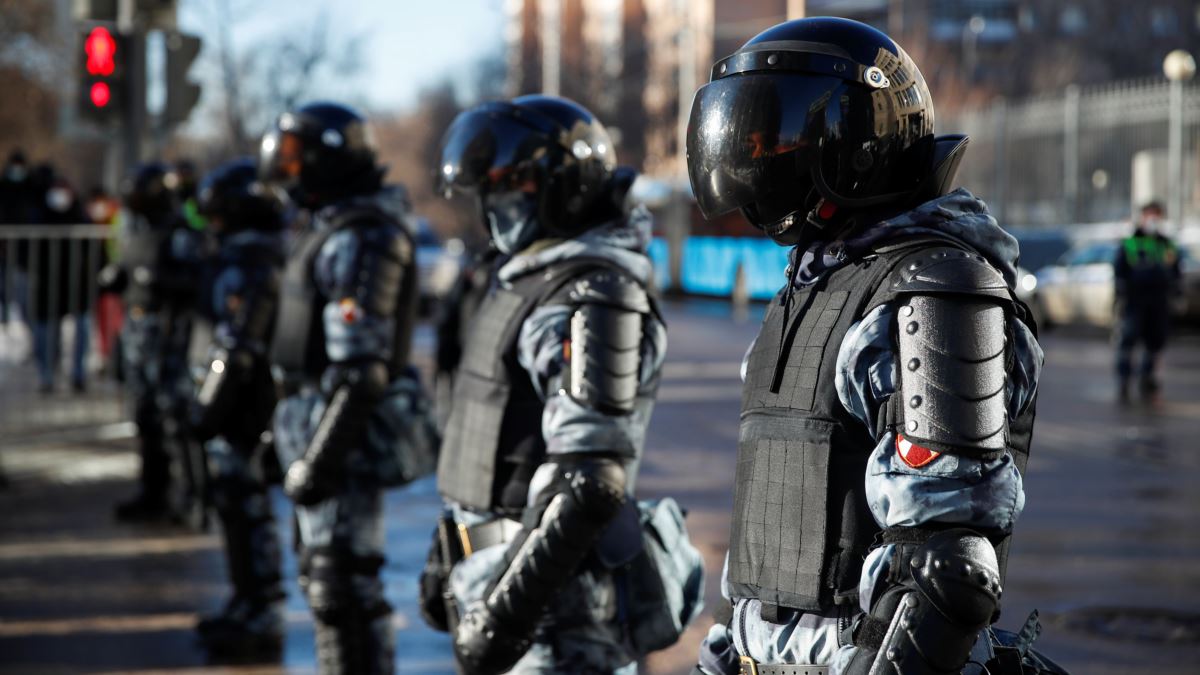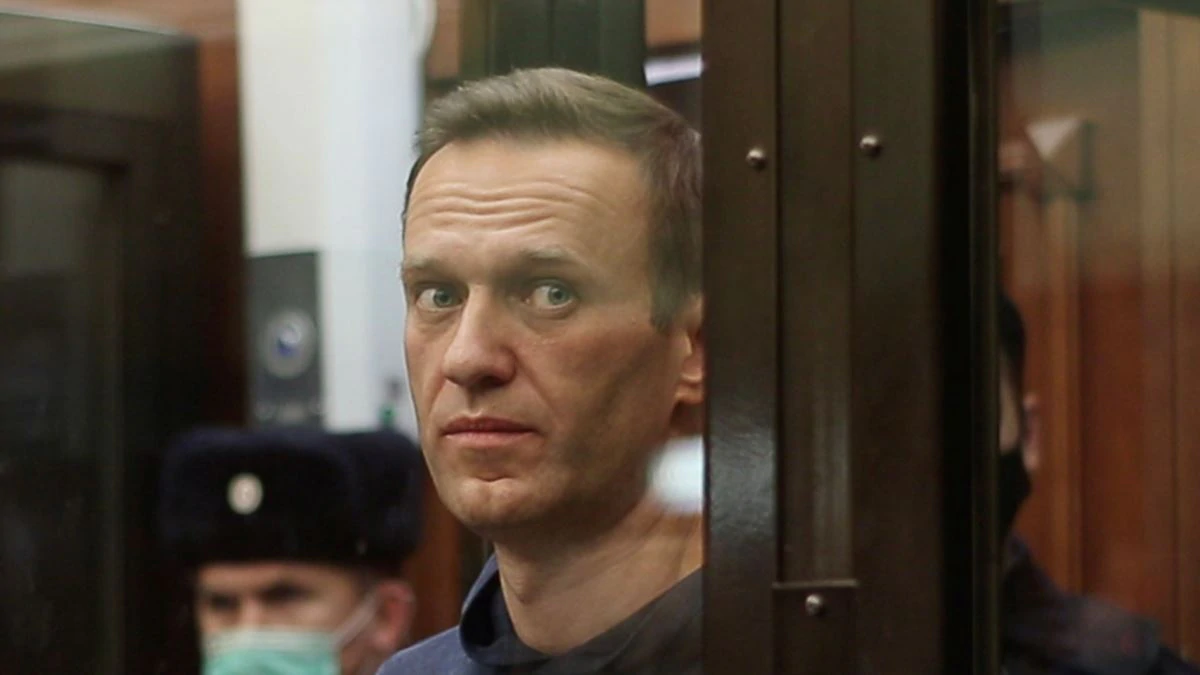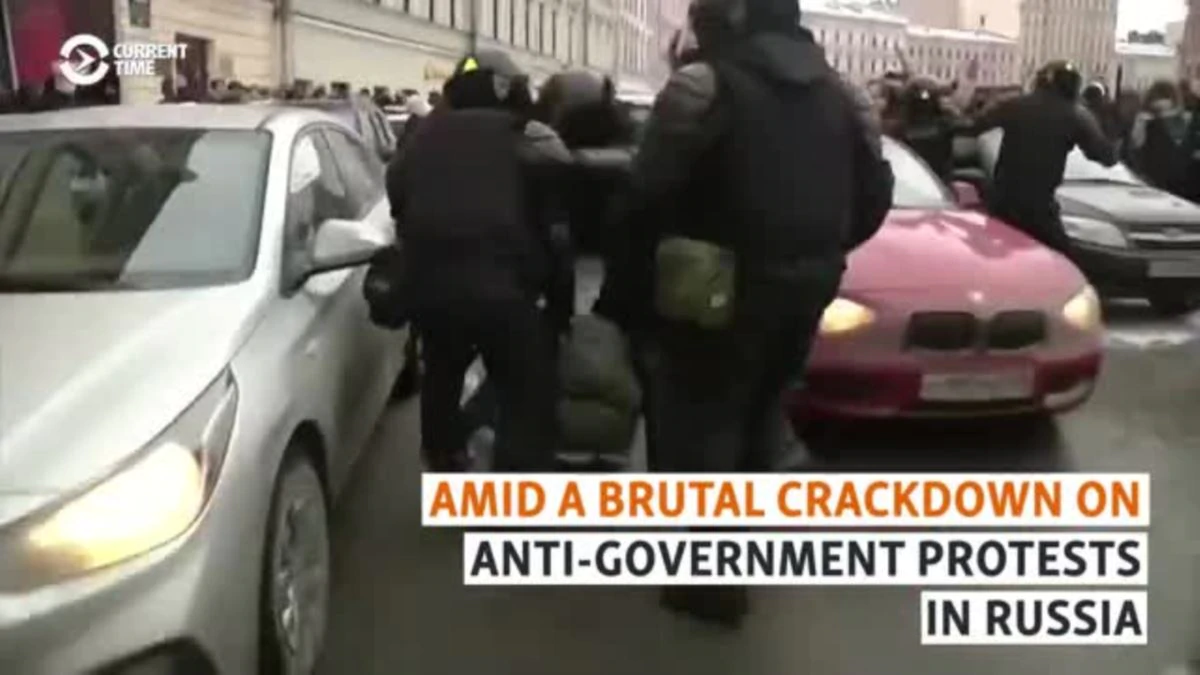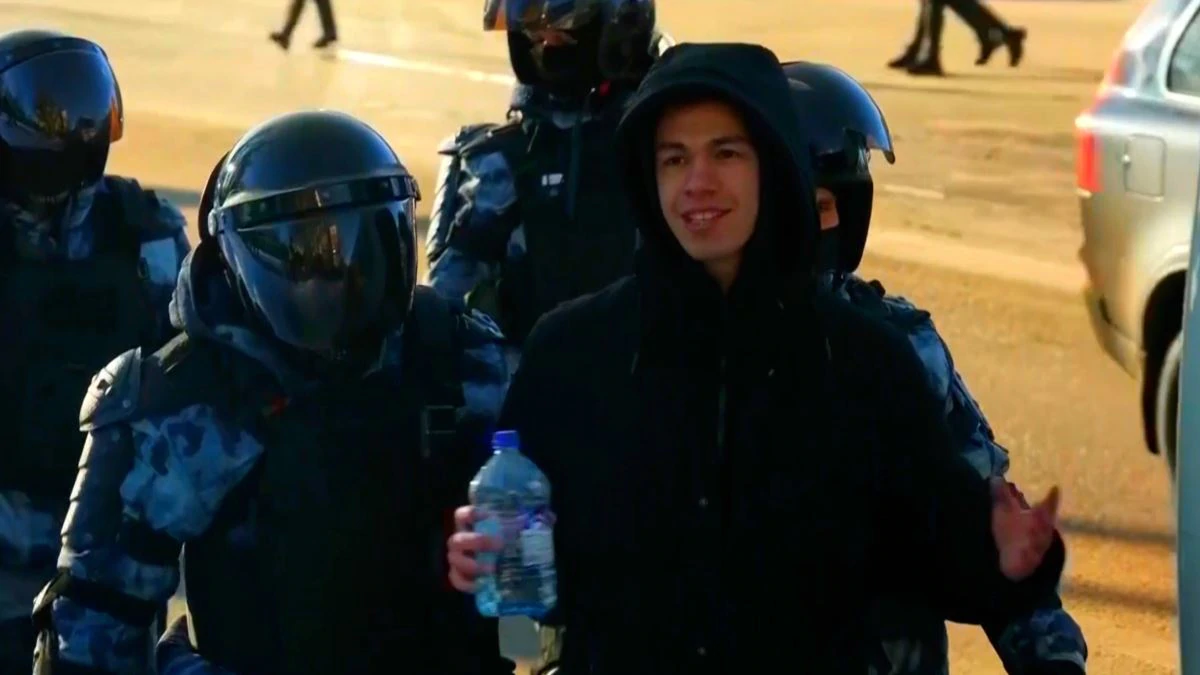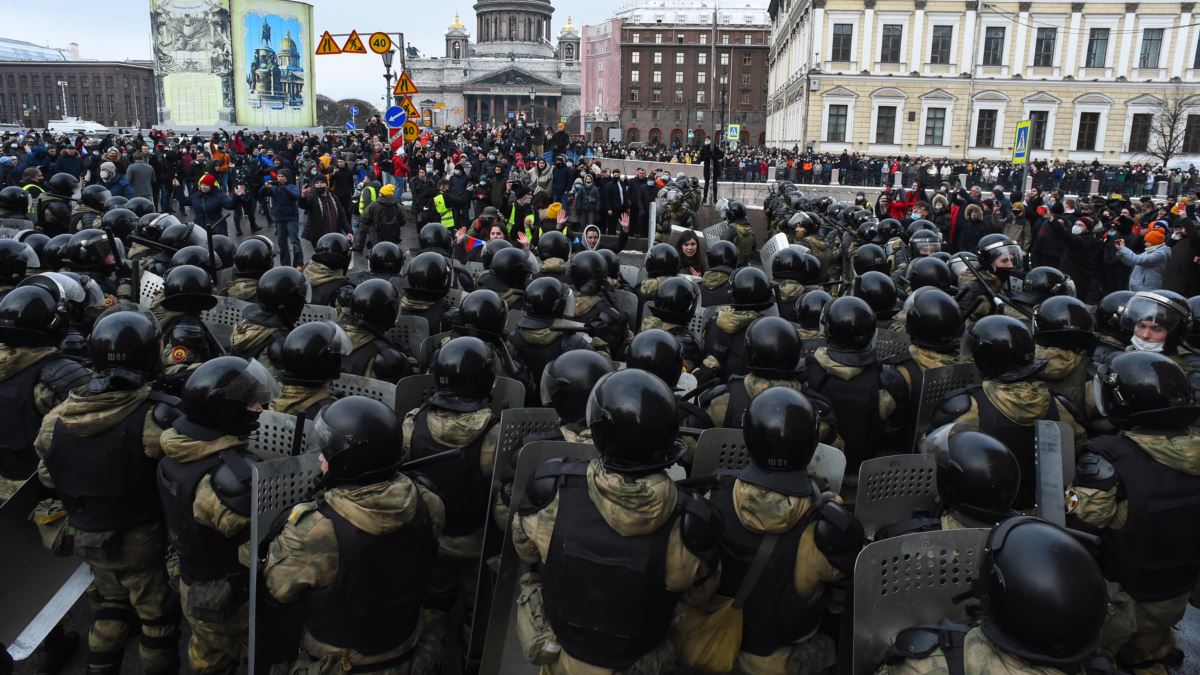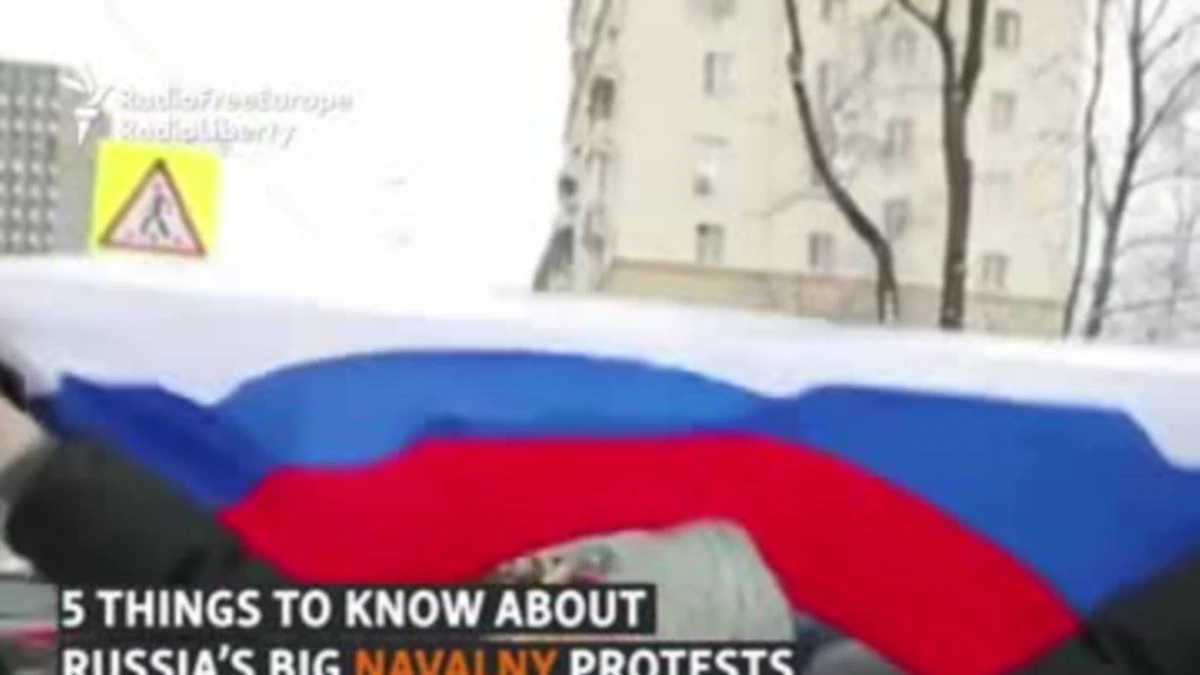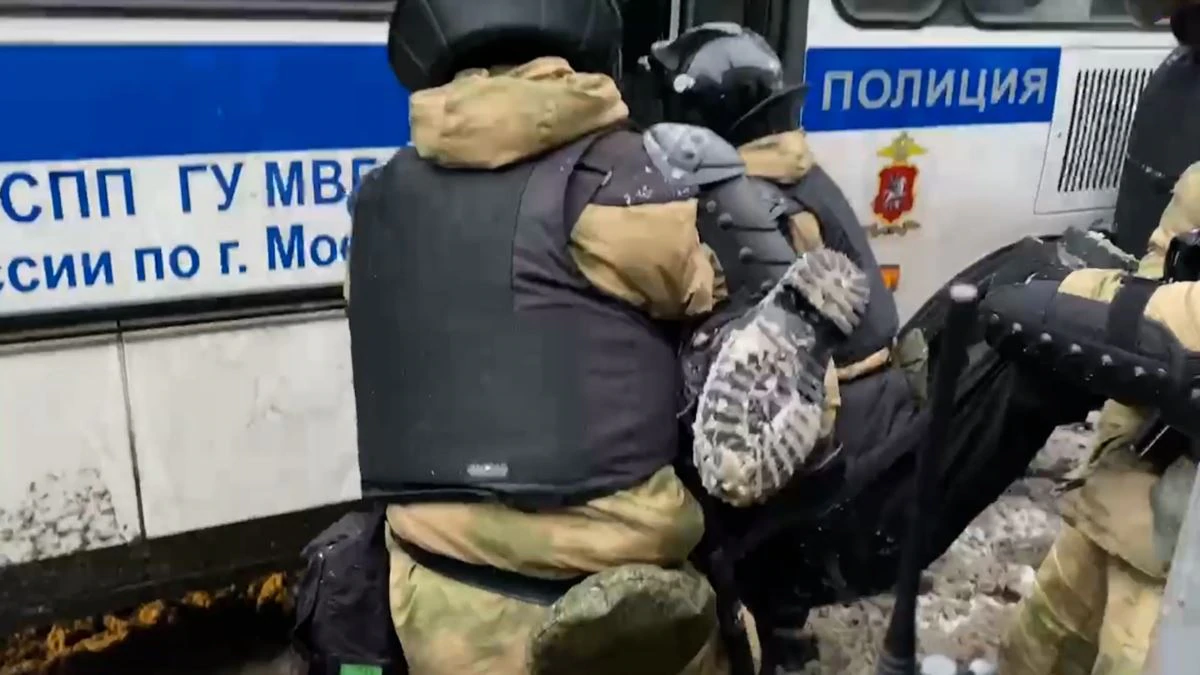MOSCOW — In late January, as Russia was being rocked by a wave of protests sparked by the January 17 arrest of opposition leader Aleksei Navalny, the country’s education minister addressed the upper chamber of parliament, the Federation Council.
“How are children supposed to achieve the goals that have been set for them? What can influence their world view and at what moment of their lives?” Sergei Kravtsov asked lawmakers on January 27. “What can be done to prevent the possibility of anyone exercising a destructive influence on children?”
His questions came in the context of comments by state officials and reports by Kremlin-controlled media outlets that appeared aimed, despite a lack of evidence, at portraying Navalny and other protest organizers as being bent on luring minors into the streets to oppose the government.
As part of the answer, Kravtsov announced a program called Navigators of Childhood, which aims to create a new position in Russian schools called “adviser to the school director for upbringing [‘vospitaniye’ in Russian] –and work with student organizations.” The term “vospitaniye” denotes the process of raising and educating children with proper behavior for integration into adult society.
Some observers, however, see the initiative as an effort to keep school-aged Russians away from anti-government protests. Officials have been warning minors to steer clear of street demonstrations since 2017, when teenagers were among the tens of thousands who demonstrated after Navalny’s Anti-Corruption Foundation released a viral video expose of lavish homes allegedly owned or used by then-Prime Minister Dmitry Medvedev.
Opposite Effect?
Political analyst Konstantin Kalachyov said that if the aim was to prevent teenagers from attending rallies, it could backfire. He suggested that the authorities should avoid any effort to introduce “political commissars” — a term for the functionaries who sought to ensure Communist Party loyalty and discipline in the army and the workplace in the Soviet era — into Russia’s schools.
“If some sort of political commissars or ‘upbringers’ appear in schools and start explaining to children the danger of participating in protests, it will only stimulate their interest in such things,” Kalachyov told RFE/RL.
The Navigators of Childhood initiative will roll out nationally in 2022, but is already being implemented in 10 test regions, from Kaliningrad on the Baltic Sea to the Pacific island of Sakhalin. One of the locations is the city of Sevastopol in Crimea, the Ukrainian Black Sea peninsula that was seized by Russia in 2014.
The project is being managed by the Russian Movement of Schoolchildren (RDSh), which — despite its grassroots name — was created on the order of President Vladimir Putin in 2015 as part of his youth initiative aimed at “the formation of the personality on the basis of the prevailing values of Russian society.”
The RDSh is headed by 33-year-old Irina Pleshcheva, who formerly worked for the pro-Putin All-Russia Popular Front (ONF), the Moscow region administration, and the pro-Putin Nashi youth movement.
In comments to RFE/RL, Pleshcheva said that the plan for school advisers was not a response to the protests that swept Russia after the jailing of Navalny, who was arrested upon arrival from Germany, where he had been treated for an nerve-agent poisoning in Siberia in August that he blames on Putin.
“This project is already six months old,” she said. “We began it last year. You might recall that the State Duma (the lower parliament chamber) last May held discussions on the project of patriotic education and these positions were announced then.”
She said the purpose of the initiative was to improve communications with children and to convey their concerns to the authorities. “I know that, besides education, our children get very little out of school,” Pleshcheva said. “They do not have any other opportunities, including the opportunity to interact normally with one another outside of social media. On top of this, we now have the pandemic, which has imposed many restrictions. Teachers say they simply don’t have time for the children.”
She told RFE/RL the new counselors will develop extracurricular activities together with schoolchildren, giving as examples computer gaming, civic volunteer programs, and monitoring school-meal programs.
“In general, schoolchildren are not very interested in politics,” she said. “If you look at TikTok, even during the last few weeks, when children were provoked into going to protests, you see that children there are more interested in the latest dances or memes or who is in love with whom. During puberty, children are interested in other things besides politics.”
‘They Need To Be Integrated’
“We are not talking about political education, but about communicating with children,” Pleshcheva added. “The point of that communication is to be able to answer questions that interest them.”
Pleshcheva told the newspaper Kommersant that the new counselors “will have to know the language and memes of children, to watch the same livestreams and films that they watch, to listen to the music that they listen to, to be active in social media, and to understand video and computer games.”
According to Kommersant, she said that particular attention would be paid to children who had been detained at unsanctioned demonstrations so that “they wouldn’t feel that we are angry with them or that they are abandoned.”
“They need to be integrated into RDSh projects,” she added.
The RDSh plans to offer a salary supplement of 15,000 rubles ($200) per month to the new counselors, who will be recruited from current teachers and people about to graduate from pedagogical institutes. Those selected will pass through a 106-hour training program. The expectation is that some 2,500 counselors will pass through the program the first year and begin working in some of the country’s more than 40,000 schools.
Analyst Kalachyov predicted that the new initiative would likely share the fate of Nashi, a Kremlin-backed youth group that was prominent a decade ago but no longer exists. “It ended long ago and many of its activists are now opposition-minded,” he said. “They were disappointed with the future that was depicted for them but was never realized. Their expectations were raised, and they were disenchanted.”
Child psychologist Svetlana Kachmar was also skeptical. “I see that this project is being run by people who used to be in Nashi,” she told RFE/RL. “But as soon as that organization was no longer propped up or given financing, it disappeared from our daily life. Society didn’t accept it.”
School Psychologists Cut
“I am sure that the new workers will not be sufficiently trained to speak with children about politics,” Kachmar said. “And our children are not so stupid that they won’t see when they are being pressured or notice when some information is being foisted off on them.”
Kachmar added that schools have recently cut the number of psychologists, speech therapists, and other such professionals in Russian schools. “We should ask the Education Ministry why they cut from the schools all forms of this kind of support but now they are trying to cover their tracks and introduce these new positions,” she said. “We must demand the return of real specialists.”
Vsevolod Lukhovitsky, head of the professional organization Teacher, said the project would likely fail because too few people would be willing to take on the work for 15,000 rubles a month. “I think our bureaucrats will forget about this in a few months,” he said.
According to a survey conducted during the mass anti-Putin demonstrations on January 31, less than 2 percent of the participants were under the age of 18. Sixty-six percent of participants were aged 18-35.
Written by Robert Coalson based on reporting from Moscow by Lyubov Chizhova of RFE/RL’s Russian Service
This post was originally published on Radio Free.


